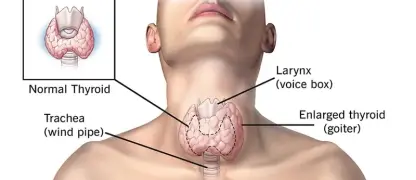Feeling on edge, losing weight unexpectedly, or noticing changes in your eyes? These could be signs of an overactive thyroid. Don't ignore the signals your body is sending; learn what they mean and how you can take control of your health.
What are the main causes of Graves' Disease?
- Graves' disease is an autoimmune thyroid disease where your immune system attacks the thyroid gland, causing it to produce excessive hormones (hyperthyroidism).
- Genetics play a significant role, meaning you are more likely to develop the condition if a close family member has this or another autoimmune disorder.
- Environmental factors like severe stress, smoking, or a recent infection can trigger the condition in individuals who are already genetically predisposed to it.

Key symptoms of Graves' Disease to watch for
- Common Graves' disease symptoms include anxiety, hand tremors, heat sensitivity, unexplained weight loss, and an enlarged thyroid gland known as a goiter.
- About 30% of people develop thyroid eye disease, which causes bulging eyes, pressure or pain in the eyes, and retracted or puffy eyelids.
- Other tell-tale signs include a rapid or irregular heartbeat (palpitations), frequent bowel movements, fatigue, and changes in the menstrual cycle for women.
How can you manage Graves' Disease effectively?
- While you cannot prevent this autoimmune disease, you can effectively manage its symptoms through early diagnosis and a consistent, doctor-approved treatment plan.
- Daily anti-thyroid drugs, such as methimazole, are often prescribed to reduce thyroid hormone production and control the effects of hyperthyroidism.
- For a more permanent solution, doctors may recommend radioactive iodine therapy or surgery to reduce the thyroid gland's hormone-producing capabilities over time.
>>> See this article: Gout - What to eat and what to avoid during a flare-up
Image of the disease Graves' Disease
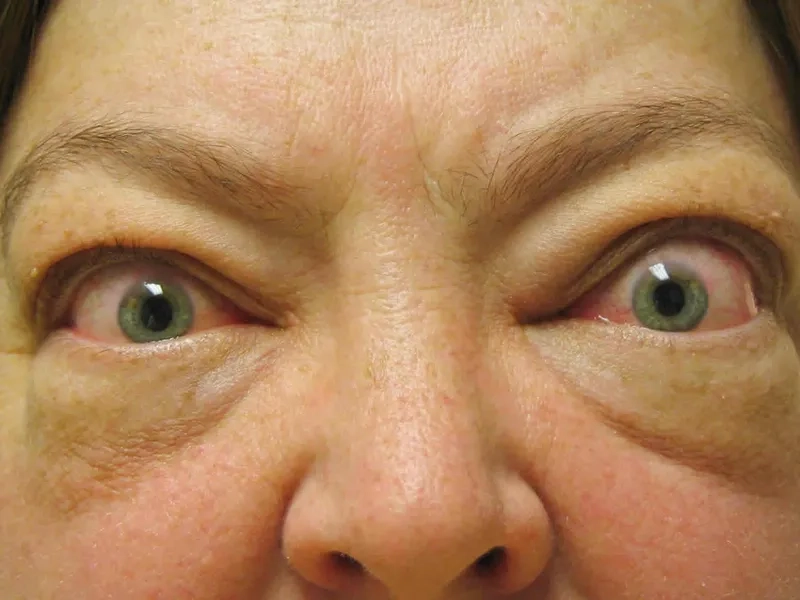

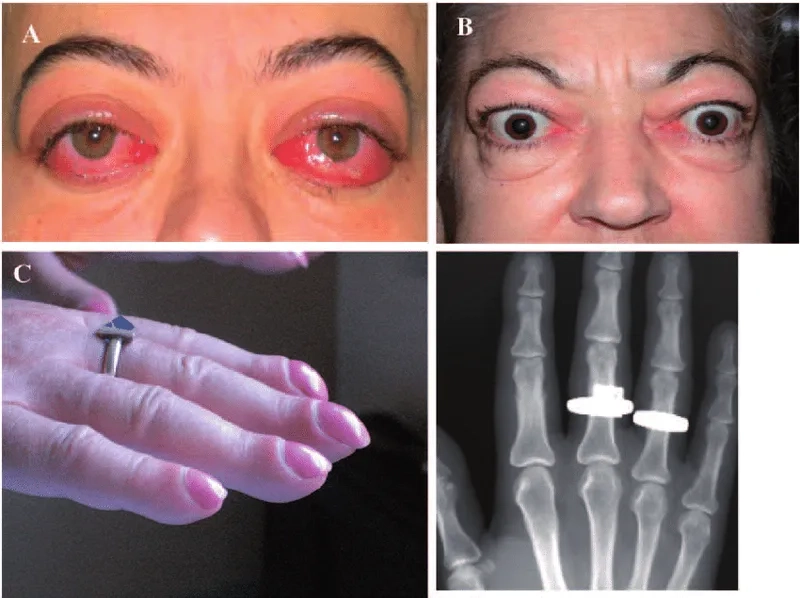
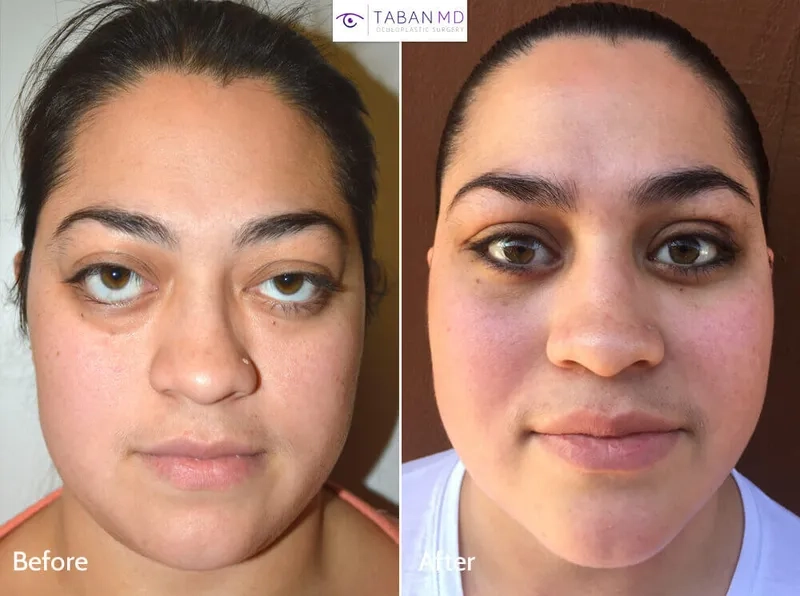
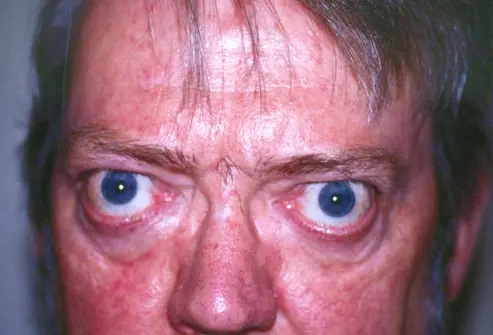
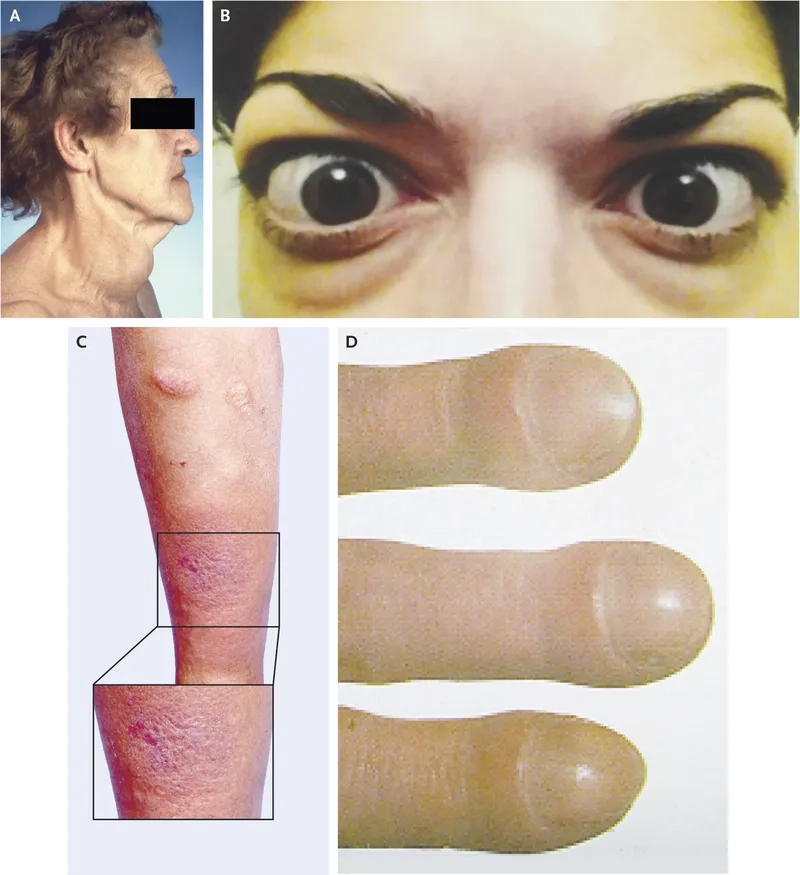
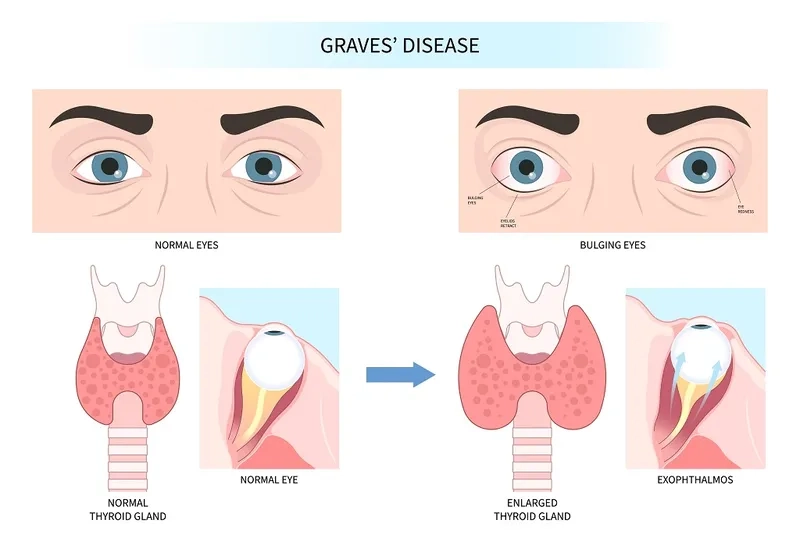
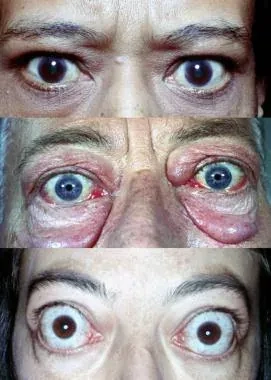
>>> Learn now: Hypothyroidism - The common signs of an underactive thyroid
Managing what is Graves' disease starts with recognizing the signs and seeking prompt medical advice. If you suspect you have symptoms, consult your healthcare professional for an accurate diagnosis and to discuss the best treatment path for you.
>>> Don't miss: Hyperlipidemia - How to manage your high cholesterol levels


